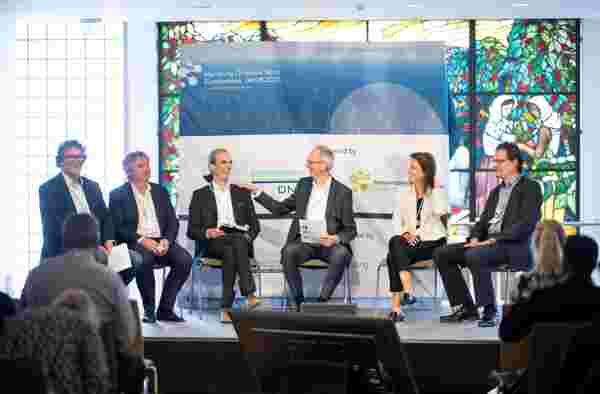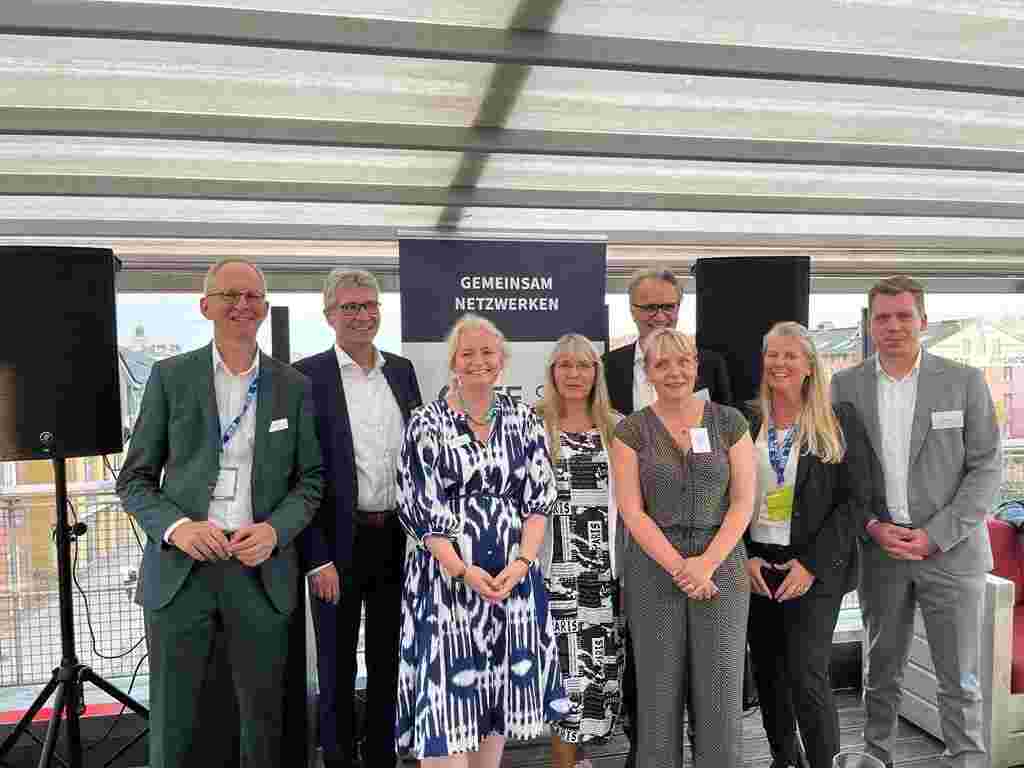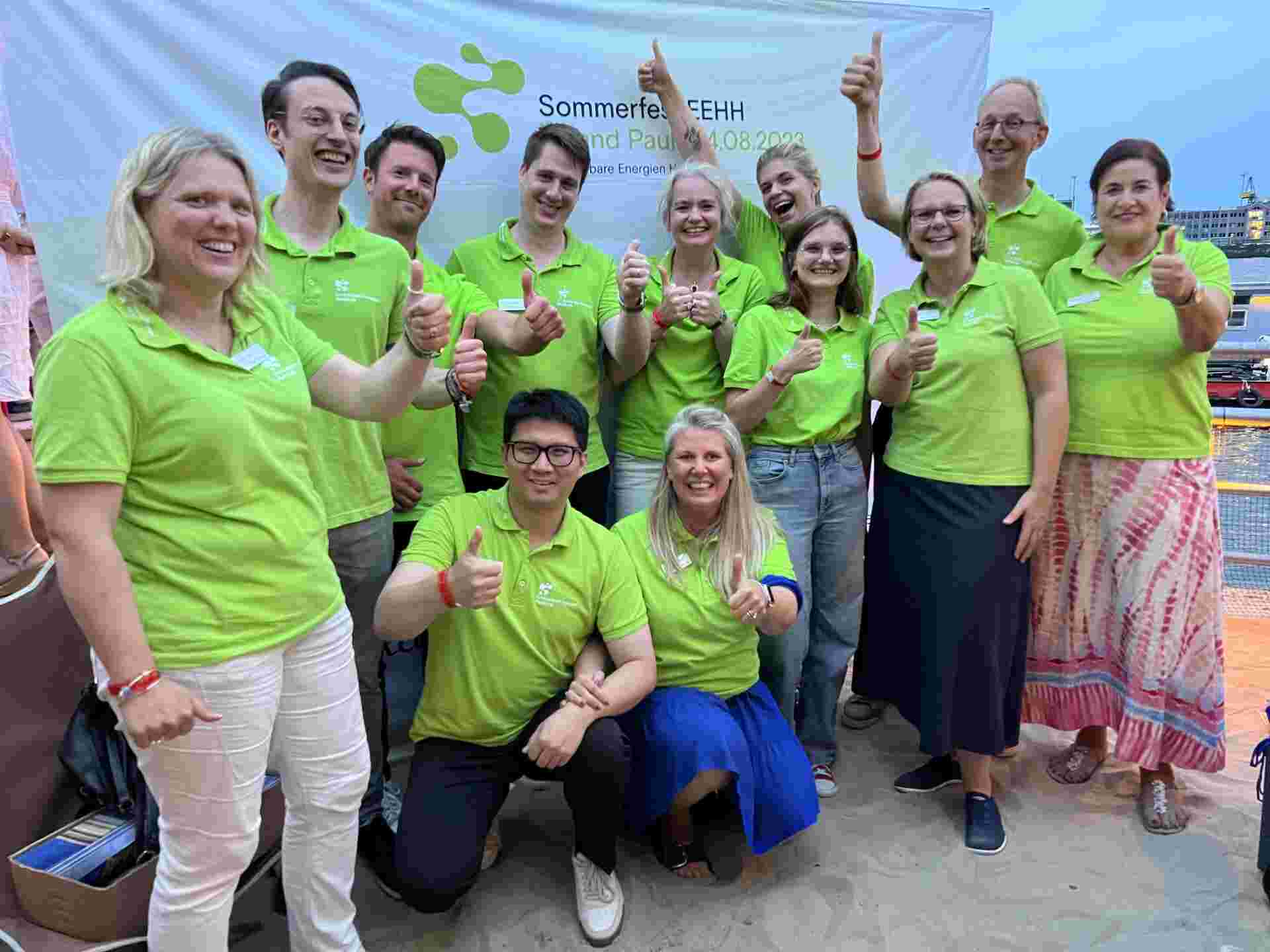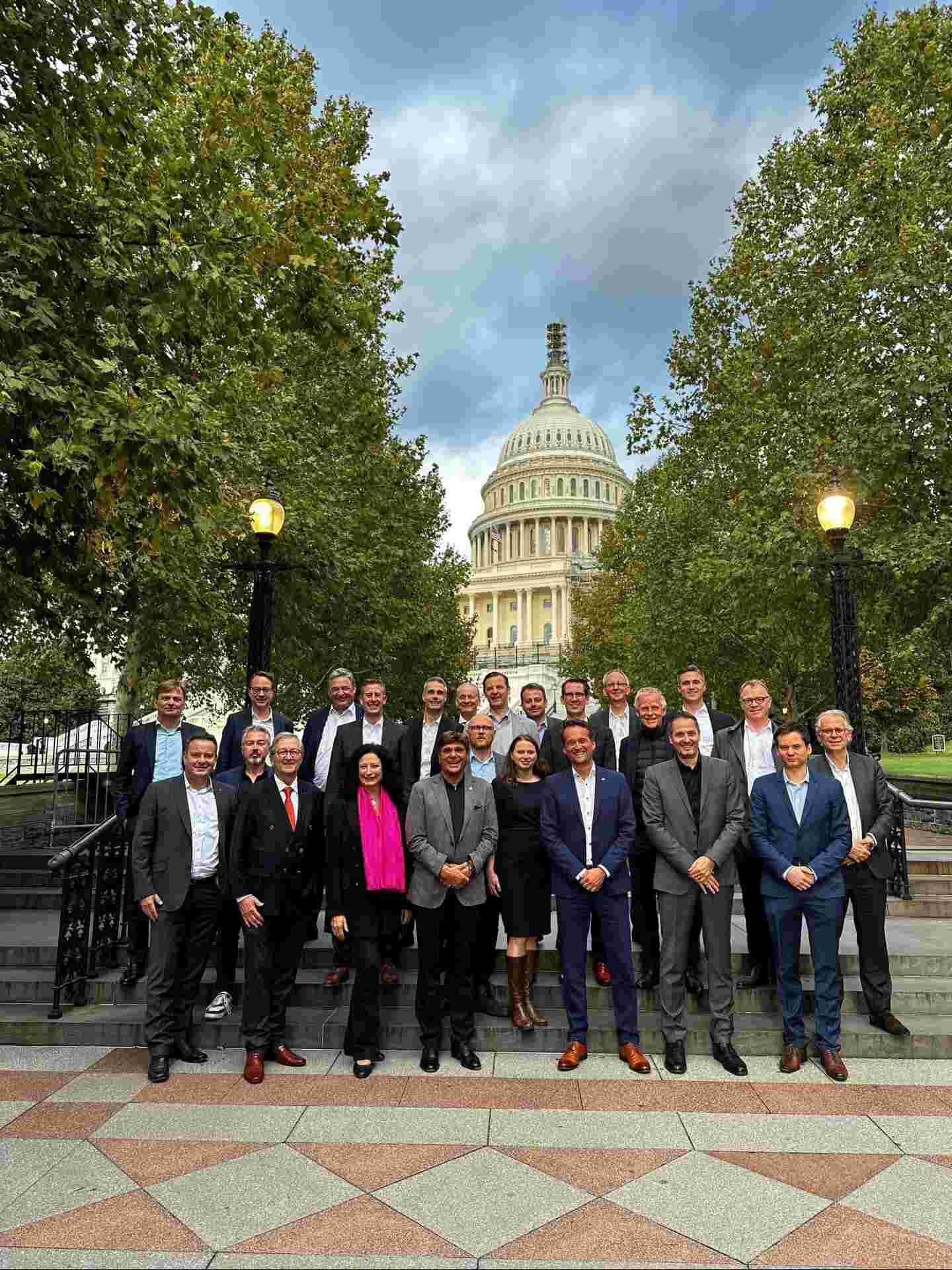FOREWORD
2023 was defined by a gradual calming of the energy markets after the outbreak of war in Ukraine in February 2022. In addition, the end of the COVID 19 pandemic was declared. Public debate centred on numerous issues related to the future of energy supply. Renewable energies accounted for 50% of the electricity supply for the first time in 2023.
For the Renewable Energy Hamburg Cluster Agency, the year was shaped by significant progress in the implementation of Cluster Strategy 2025 by late 2023 which marked almost the halfway point in the project term. After strong growth in 2021 and 2022, membership continued to increase with no signs of slowing down. There were around 265 members at the start of 2024. The new hydrogen economy segment continued its growth trajectory as well while new members also flocked to the areas of digitalisation, sector coupling and solar energy.
2023 was certainly a positive year for the expansion of renewable energy, which we noticed in our members’ network, too. Expansion in the area of solar energy reached an all-time high in 2023, while onshore wind energy experienced a significant boost and has clearly passed its nadir. Two tendering rounds for sites with a capacity of around 8 gigawatts created an important basis for offshore wind energy. Following protracted deliberations, the Building Energy Act (Gebäude-Energie-Gesetz) was finally passed in the area of heat supply.
Evening Reception of the North German networks at Husum Wind 2023 / Photo: EEHH GmbH
Summer party of Renewable Energy HH / Photo: EEHH GmbH
The network of companies and universities that are seeking to collaborate on developing new value chains continued to evolve in the Hydrogen Economy segment. Moreover, important elements of the necessary hydrogen regulations were presented in 2023, after delays lasting multiple years in some cases. Among them was the EU Delegated Act, which outlined a clear – if albeit restrictive – definition of green hydrogen. It has been ratified in Germany in the Federal Emission Control Act, and a plan for a hydrogen core grid was also presented. These steps mark considerable progress in the regulatory sector, even if gaps continue to exist.
For Renewable Energy Hamburg, 2023 was therefore defined by important and substantial developments which will place a more climate-friendly energy supply increasingly within reach for the Hamburg metropolitan region. Now that significant regulatory improvements have been chalked up in 2023, we look forward to collaborating with our members in 2024 to put them into practice across the widest selection of projects and even outside the Hamburg metropolitan region.
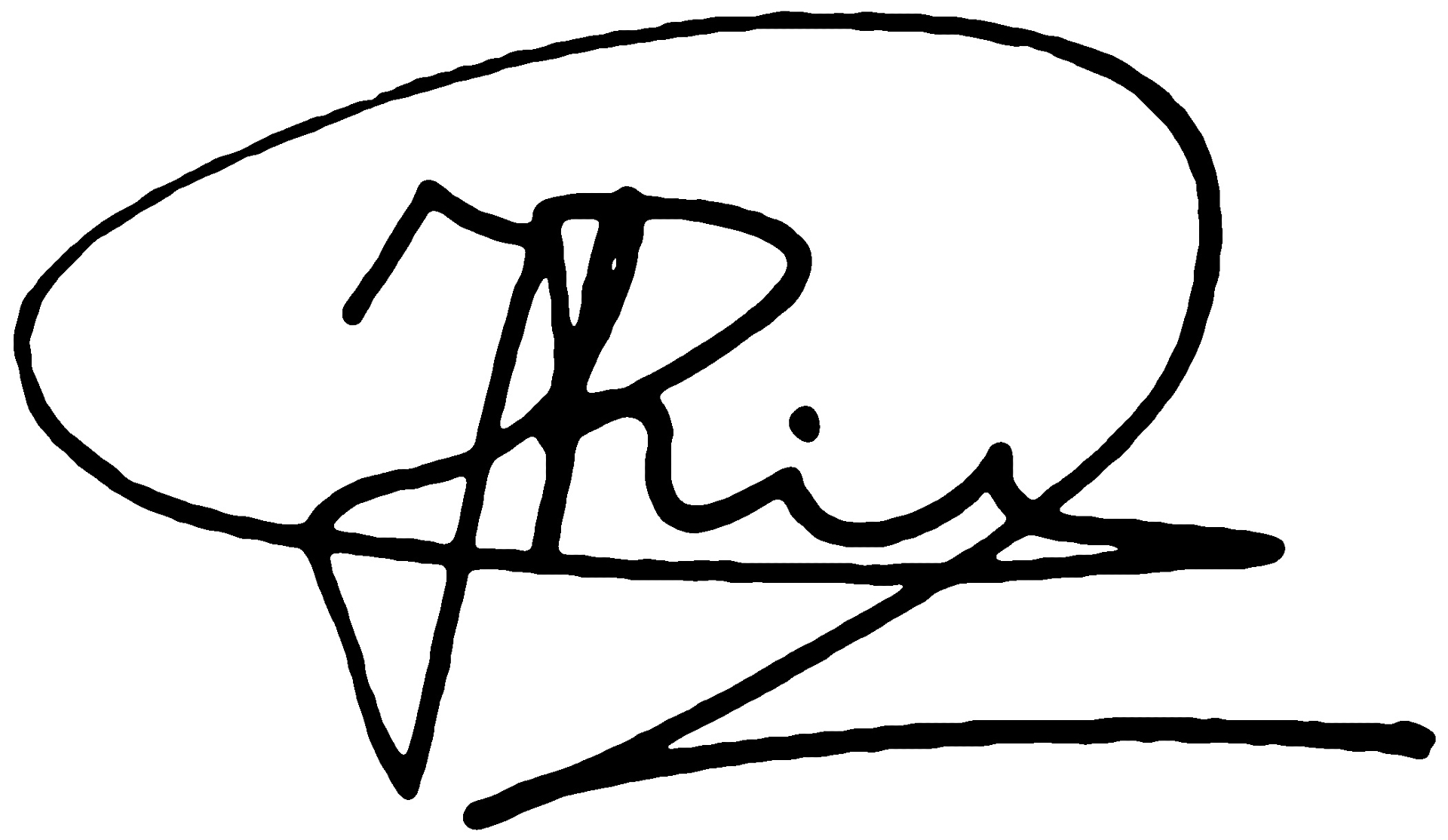
Jan Rispens
Managing Director REH GmbH
